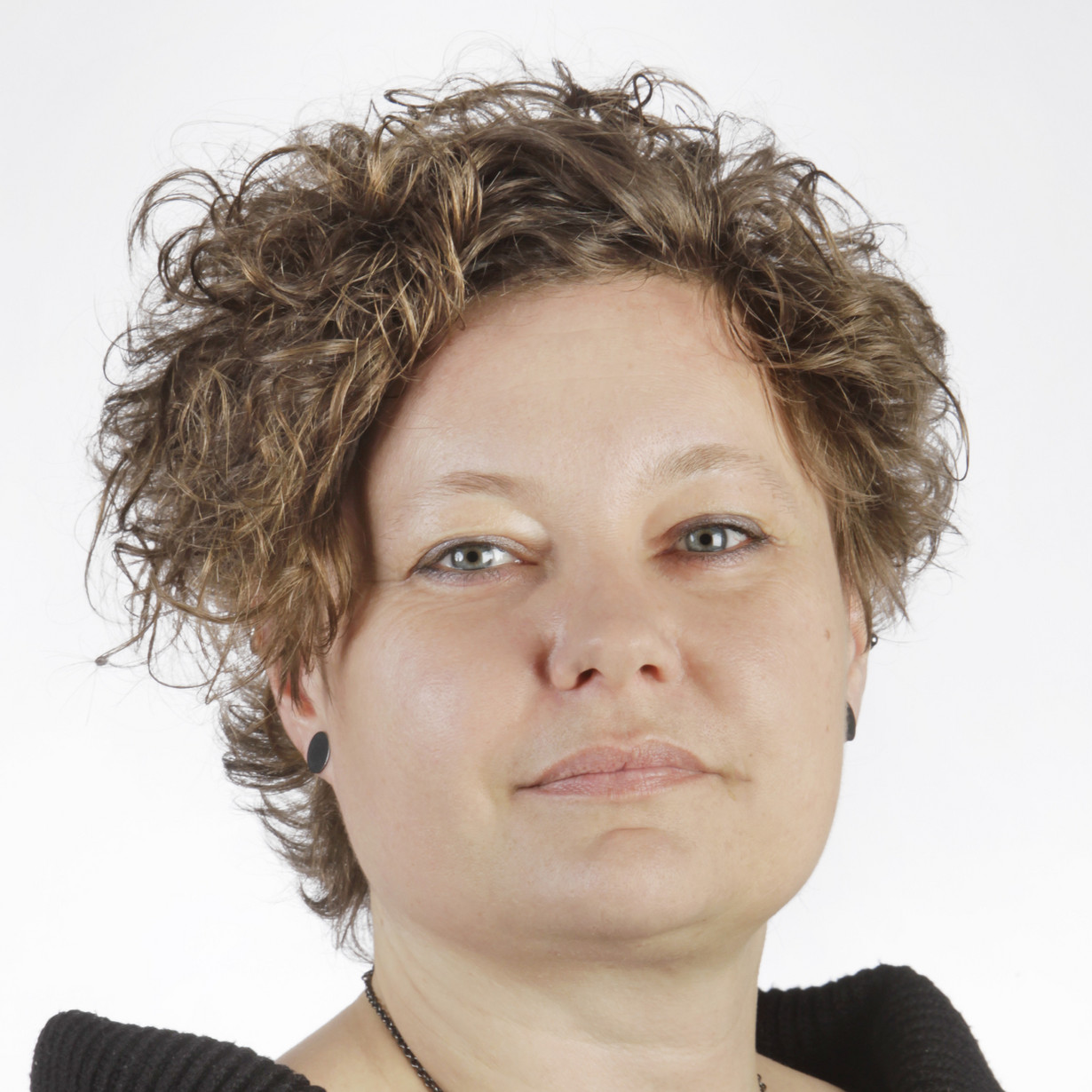
Katja Brøgger is Professor of Higher Education Policy and Governance at Aarhus University and director of the Policy Futures research program. She serves as Chair and PI of the EUCOST Action CA22121 (OPEN) (Horizon Europe), and is PI of two international comparative projects examining how geopolitical shifts increasingly impact academic freedom and openness in European higher education and research (Independent Research Fund Denmark). Her research covers geopolitical, European, and national conditions for European universities. She is a member of the editorial boards of Journal of Education Policy and Globalisation, Societies and Education, and the lead editor of the World Yearbook of Education 2026 on the Shifting Geopolitics of Higher Education.
The New Geopolitics of Academic Freedom: Appropriation, Co-optation, and the Reordering of Knowledge in European Higher Education
Academic freedom has long been a cornerstone of democratic societies – but today, it is under unprecedented pressure. These pressures are not confined to illiberal democracies and authoritarian states; they now permeate liberal democracies and welfare states. This keynote explores how the entanglement of politics, education, and science in Europe is reshaping the governance of knowledge.Political co-optation of educational and scientific domains has triggered state interventions in governance structures that once safeguarded openness in higher education. At the same time, interventions from the margins – through social media and other platforms – further destabilize knowledge authority.
The post-Cold War era promised openness through internationalization and cross-border cooperation in higher education across Europe and beyond. Initiatives such as the European Higher Education Area (1999/2010) and the European Research Area (2000) aimed to create a common European space for higher education and research, enabling knowledge and workforce to move freely across borders. Yet, recent geopolitical shocks –includingthe 2016 and 2024 U.S. elections, Brexit, the Russian invasion of Ukraine, and EU crises, such as the financial crisis – have fueled backlash against globalization and multilateralism, shifting the geopolitics of higher education. This new landscape is marked by illiberal ideologies, democratic backsliding, nationalism, populism, territorial conflicts, and heightened security politics. Consequently, academic freedom and university autonomy have declined across countries with diverse political and democratic systems, unsettling the legitimacy of the post-WWII liberal order.
These dynamics set the stage for a decade in which debates over freedom of speech and academic freedom have intensified – across academia, policymaking, and public discourse – revealing how competing interpretations of ‘freedom’ are mobilized to serve divergent political ends. Strikingly, one notion of freedom is often strategically appropriated to undermine another. This keynote conceptualizes this as a politics of appropriation, where values are repurposed across political registers, distorting their original meanings and turning dissimulation into a tool of governance.
Why does this matter for education researchers? Because these shifts are reshaping the conditions under which knowledge is produced, circulated, and curated. They intersect with the long-running neoliberalization of the sector, deepening constraints on the freedom to teach and pursue knowledge through political pressures, funding dependencies, and performance metrics that increasingly dictate institutional priorities. This erosion of autonomy ushers us into uncharted territory: a new spatiotemporal era in which policies that previously shaped knowledge economies are morphing into a new geopolitics of academic freedom, marked by struggles over truth and contests over who holds the authority to speak.
Empirically, this keynote examines recent policies on academic freedom and open science at both national and EU levels, including infringements on academic freedom and compromises to university openness. Theoretically, it draws on current debates about the shifting geopolitics of higher education and academic freedom. It builds on insights from the World Yearbook of Education 2026: The Shifting Geopolitics of Higher Education: Knowledge, Power, Protest (eds. Katja Brøgger, Hannah Moscovitz, Susan Robertson, and Jenny Lee, Routledge), two international comparative studies funded by the Independent Research Fund Denmark and the EU COST Action ‘OPEN’ under Horizon Europe (grant refs: 0163-00024B, 0163-00025B, CA22121).
Venue Address
Tampere University
City Centre Campus, Main Building
Kalevantie 4
33014 Tampere, Finland

Important Dates ECER 2026
01.12.2025 | Submission starts |
31.01.2026 | Submission ends |
01.04.2026 | Registration starts |
01.04.2026 | Review results announced |
15.05.2026 | Early bird ends |
25.06.2026 | Presentation times announced |
30.06.2026 | Registration Deadline for Presenters |
17.08.2026 | ERC First Day |
18.08.2026 | ECER First Day |